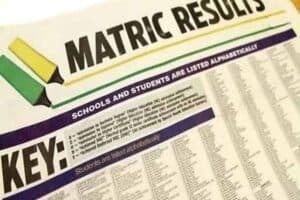You might have trouble buying a beer on match day in Russia but World Cup fans may still snort cocaine at the stadium -- provided they have a doctor's note.

Some peculiar Russian rules are coming to light as the June 14-July 15 football extravaganza draws nearer.
One was spotted by intrepid reporters at Russia’s government-friendly Izvestia daily in February and received new attention this week.
The loophole in Russia’s no-nonsense approach to recreational drugs — they are all illegal — comes in a loose alliance it forged in 2014 with Belarus and Kazakhstan.
The so-called Eurasian Economic Union now groups five ex-Soviet republics and produces reams of rules covering everything from medicine to flowers and pets.
One of them determines how foreign visitors to one of the five nations can bring in “narcotics, mood-altering drugs and their precursors”.
The list of substances legalised by the regulation includes hard drugs such as cocaine and heroine as well as the much softer marajuana.
The entire appendix to the drug regulation is 383 entries long.
None of this has been tried in practice and flying to Russia with a stash of hash is probably still not wise.
But the regulations do say that all 383 substances are legal as long as the user has a prescription that has been translated into Russian and properly notarised.
The note is also supposed to stipulate how much of each drug you intend to take.
The World Cup organising committee said security personnel will check for narcotics at the stadiums and only allow in the ones covered by the required paperwork.
It is illegal to smoke during matches so the drugs will probably have to be ingested by other means.
“All of this is bad,” the health ministry’s addiction psychiatrist Yevgeny Brun told Izvestia.
“I do not think that people who come to the World Cup will start dealing marijuana. They are not bringing in that much,” said the doctor.
“But I am in shock.”
He added that things could turn especially nasty at the stadiums because Russia will also be selling beer made by an official World Cup sponsor.
Izvestia said English-speaking doctors will be on hand.
Yet going the more traditional route and having a boozy party outside the arena may be more problematic.
Alcohol will not be sold within a two-kilometre (1.2-mile) radius of stadiums and fan zones in Moscow throughout the tournament.
A Moscow government rule announced this week said the sales restriction will cover “alcohol and refreshment drinks in glass containers”.
The other 10 host cities are likely to adopt similar sales bans.






